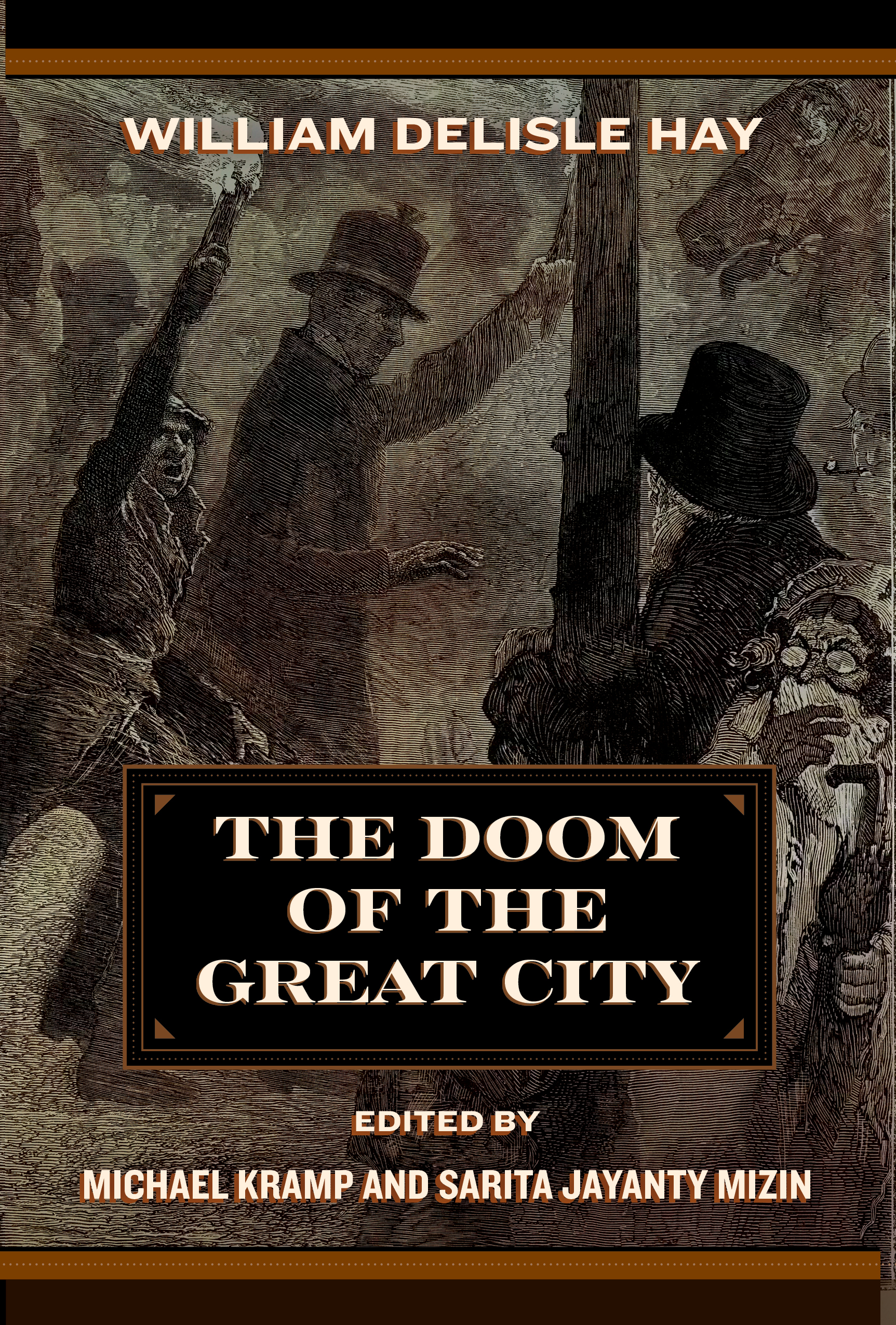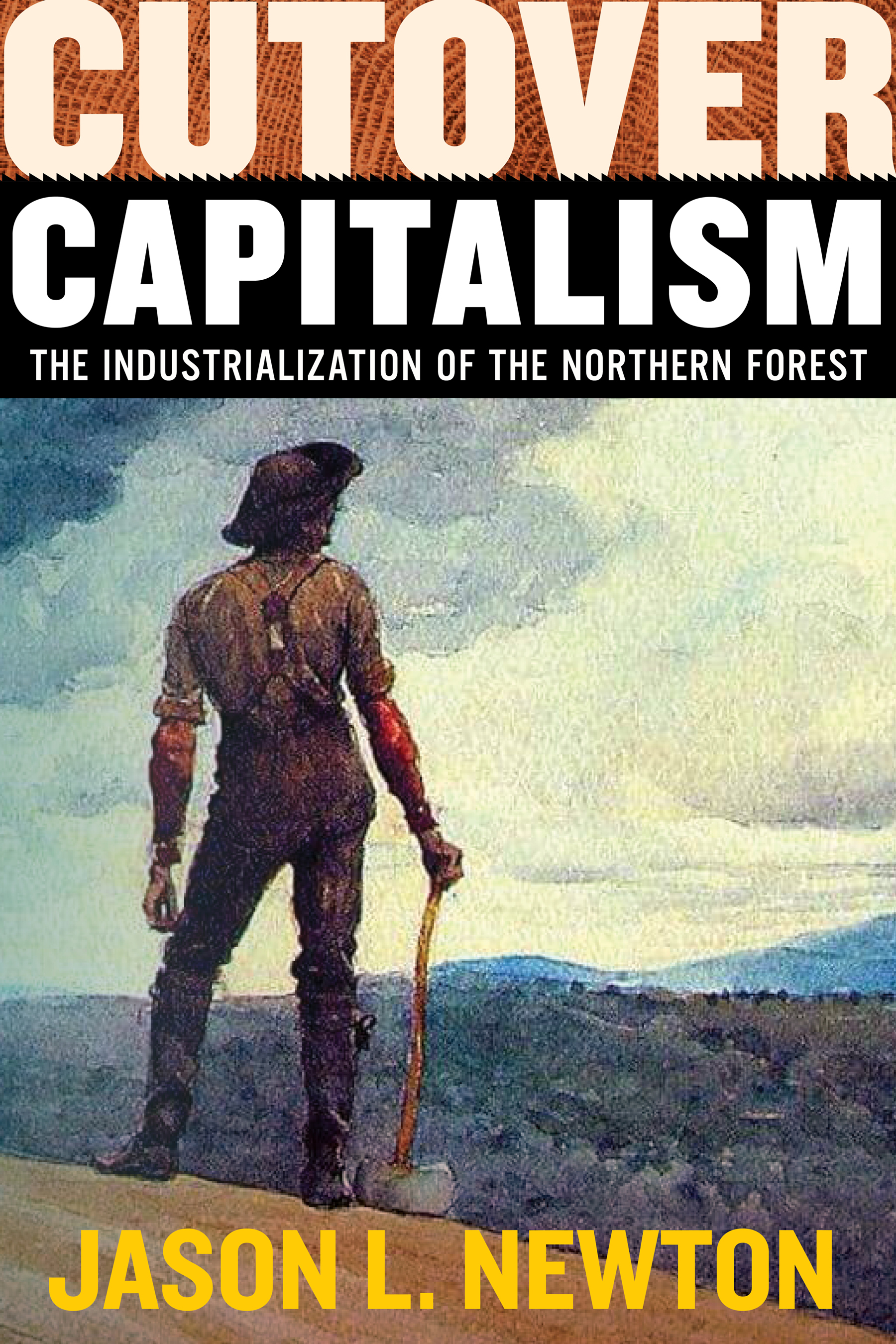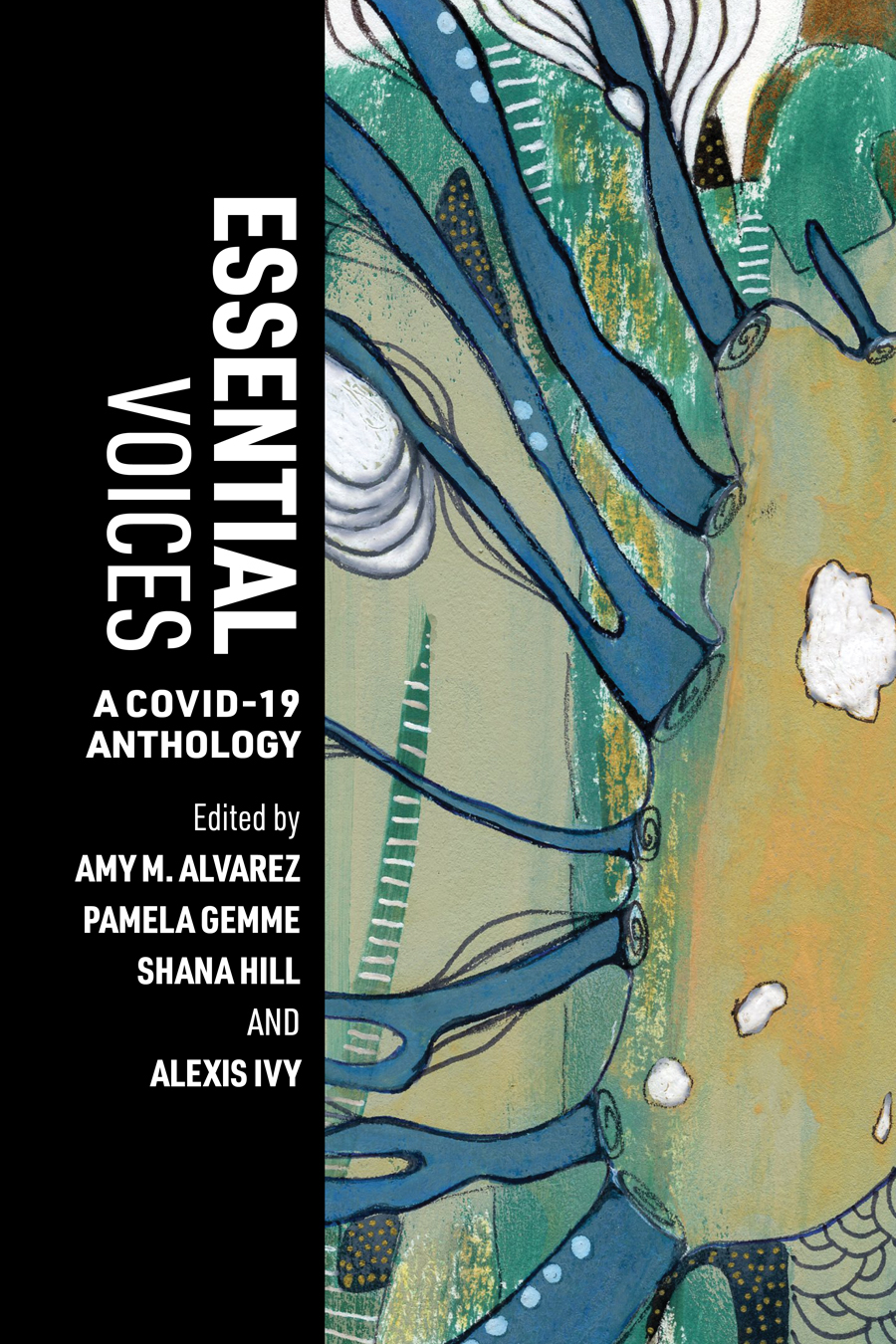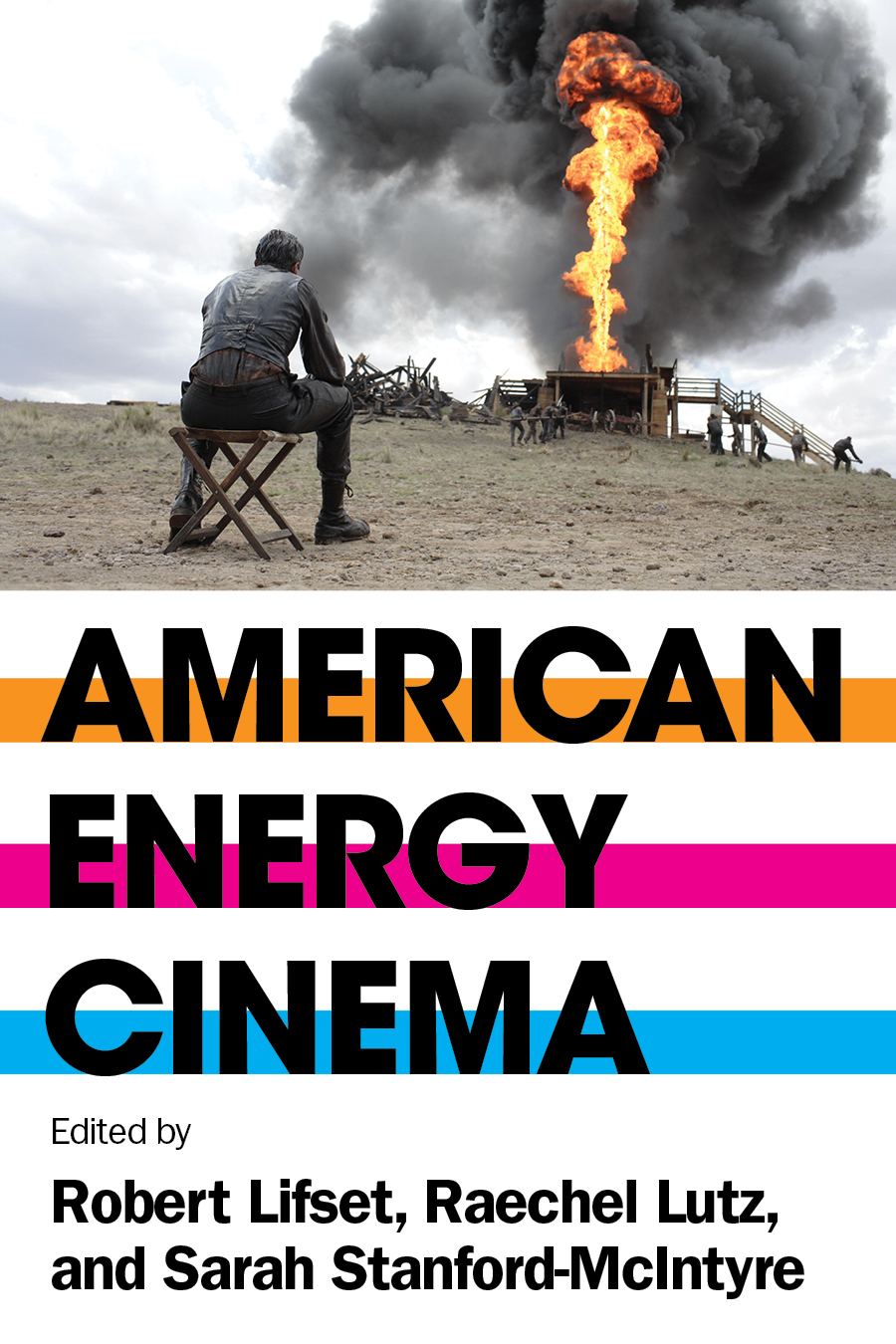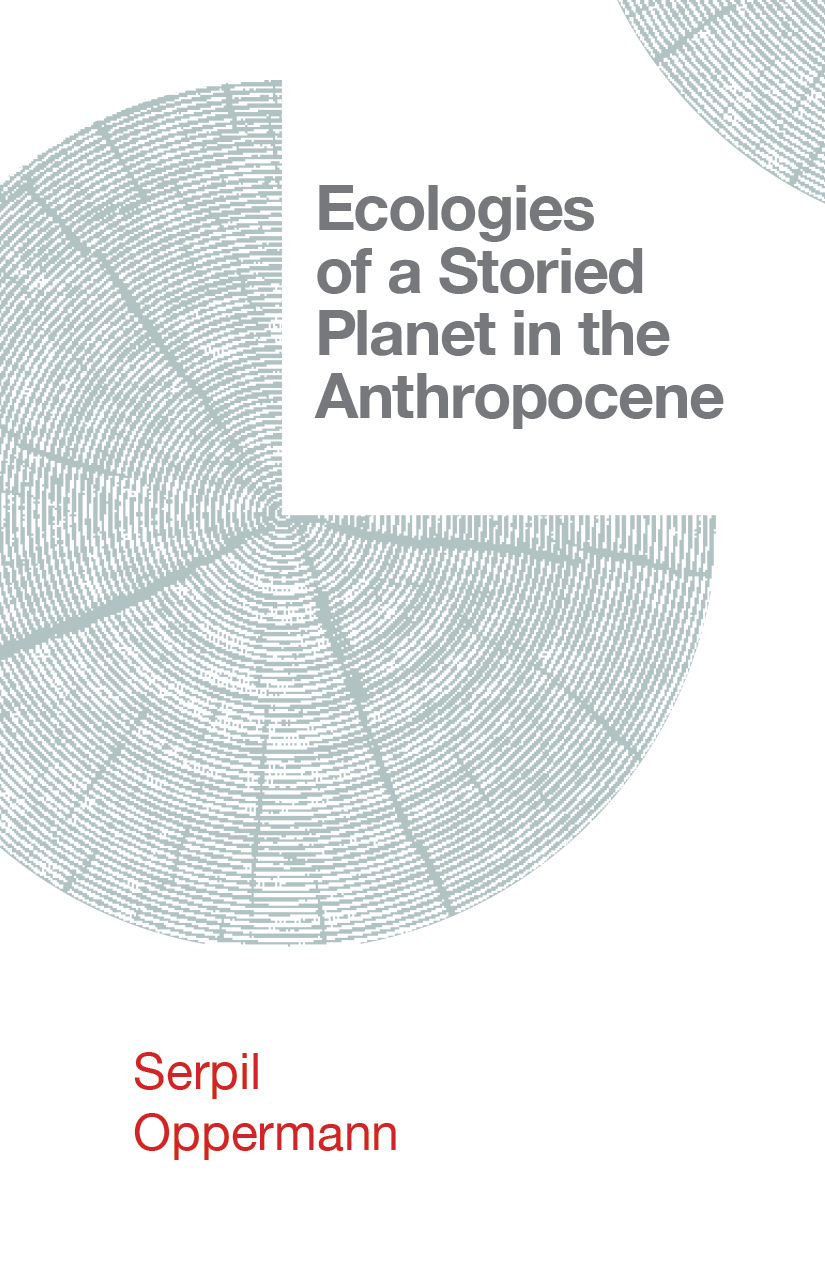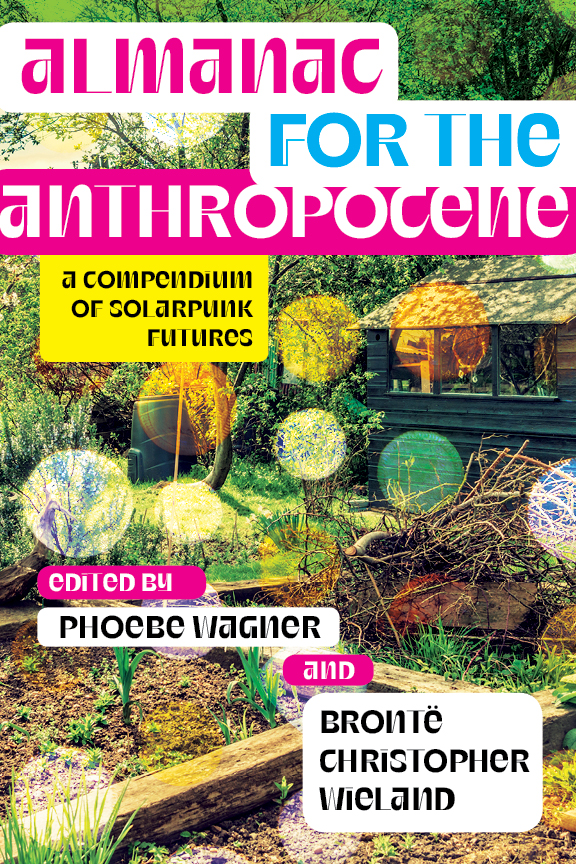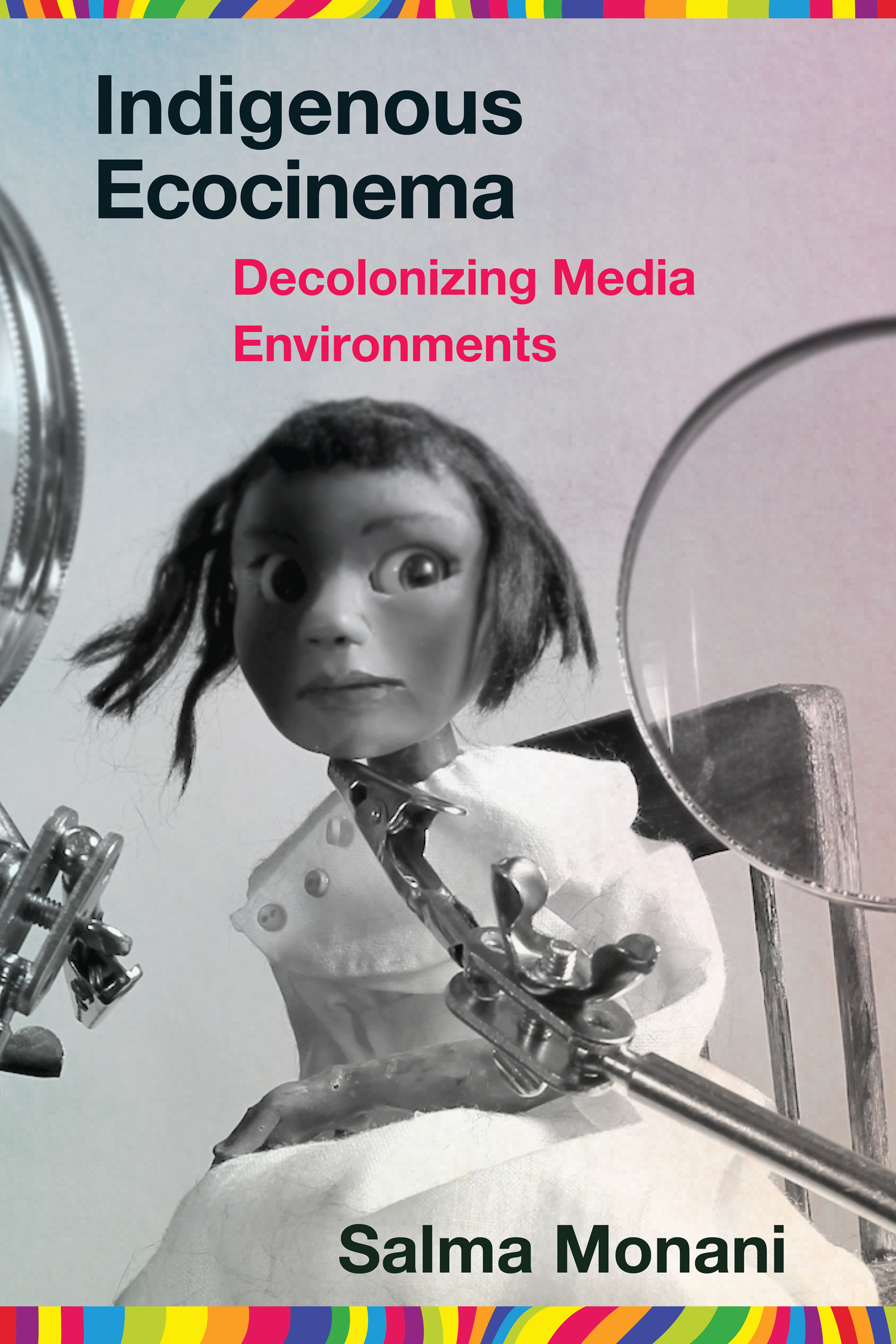
Salma Monani
December 2024
190pp
PB 978-1-959000-33-4
$26.99
eBook 978-1-959000-34-1
$26.99
Salvaging the Anthropocene Series
Indigenous Ecocinema
Decolonizing Media Environments
Summary
Introducing the concepts of d-ecocinema and d-ecocinema criticism, Monani expands the purview of ecocinema studies and not only brings attention to a thriving Indigenous cinema archive but also argues for a methodological approach that ushers Indigenous intellectual voices front and center in how we theorize this archive. Its case-study focus on Canada, particularly the work emanating from the imagineNATIVE Film + Media Arts Festival in Toronto--a nationally and internationally recognized hub in Indigenous cinema networks--provides insights into pan-Indigenous and Nation-specific contexts of Indigenous ecocinema.
This absorbing text is the first book-length exploration foregrounding the environmental dimensions of cinema made by Indigenous peoples, including a particlarly fascinating discussion on how Indigenous cinema’s ecological entanglements are a crucial and complementary aspect of its agenda of decolonialism.
Contents
List of Illustrations
Land Acknowledgments
A Glossary Clarifying the Use of Terms
INTRODUCING D-ECOCINEMA
Introduction
1. D-ecocinema Criticism: Reclaiming Indigenous Eco-Agency
PLACE
2. (Re)rooting Indigenous Place: The ImagineNATIVE Film and Media Festival
3. (Re)growing The World: imagineNATIVE as In-Person and Remote Festival
TIME
4. Timely Interventions: Indigenous Cinema Time(s)
5. Snipping and Glitching Colonial Time: The Films of Terril Calder and Caroline Monnet
FEELINGS
6. Indigenous Affects: Cinematic Humor’s Earthly Embodiments
7. Laughter to Breathe: The Films of Zoe Hopkins and Shelley Niro
Epilogue: Growing D-ecocinema Criticism and Engagement
Acknowledgments
Notes
Bibliography
Index
Author
Salma Monani is a professor at Gettysburg College’s Environmental Studies department. She has extensively published in ecocinema studies, Indigenous ecomedia, and environmental justice. She is co-editor of four ecocritical media anthologies. As part of her College’s Land Acknowledgment Committee, she also engages in public eco-humanities along with community research with Indigenous partners.
Reviews
“Indigenous Ecocinema is a deeply considered, meticulously researched, and cogently reasoned text. Monani’s approach to Indigenous cinema is situated within multiple critical conversations while maintaining a clear and consistent original intervention. She engages cinema from a variety of angles, not limiting herself to the ‘text’ of the film itself, but also considering the filmmakers’ contexts as well as the influence of the venue and audience participating in the screening. I found this study to be compelling and exciting.”
— Amy Hamilton, author of Peregrinations: Walking in American Literature
“A much-needed addition to the fast-growing fields of Indigenous media and ecocinema studies. Well-written, with both substantive theoretical heft and, at the same time, a warm and inviting tone and a very readable style, the arguments Monani makes around issues of place, time, and affect comprise a compelling case for the centrality of Indigenous cinematic mediations of ecological consciousness.”
—Joanna Hearne, author of Native Recognition: Indigenous Cinema and the Western and Smoke Signals: Native Cinema Rising



